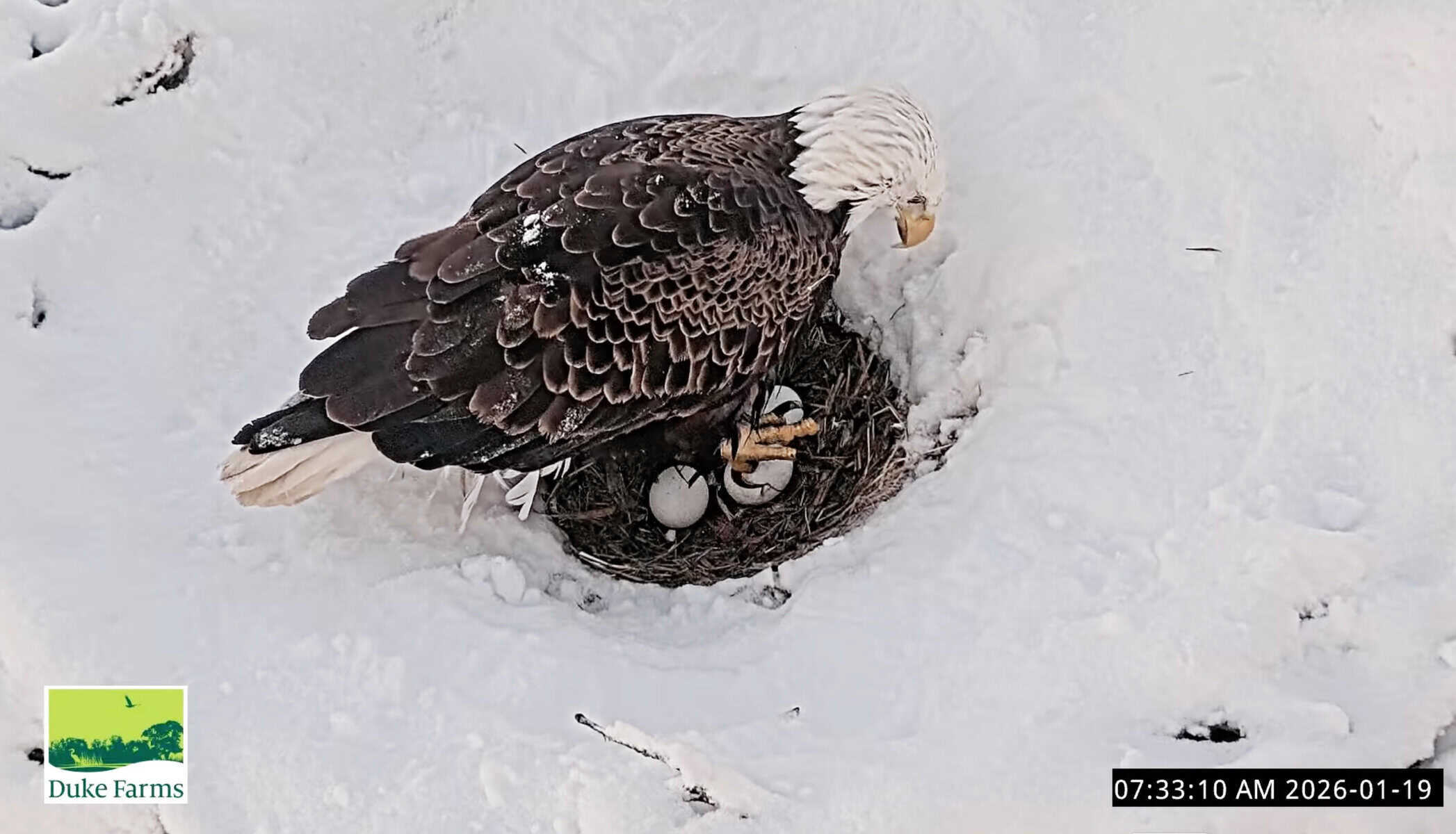Safety First
Heed these holiday season safety tips from the NJ Division of Fire Safety.
December is a time of celebration for many diverse religious observances in New Jersey, but whatever the holiday, these festivities often include lights and decorations. The New Jersey Department of Community Affairs’ (DCA) Division of Fire Safety wants residents to be aware of potential fire hazards that can cause electrical fires in the home and is offering important fire safety precautions to follow this time of year.
Dangers include dry and unwatered natural trees, decorations inside and outside the home and lit candles left unattended. Additionally, with the onset of cold weather, the use of both traditional and alternative home heating devices, and the possibility of long-term power failures resulting from severe storms, can increase the possibility of fire and carbon monoxide poisoning.
“Following these safety tips along with local fire department recommendations and common fire safety procedures will help to make this holiday a safe one for all,” said Richard Mikutsky, State Fire Marshal and Director of the Division of Fire Safety. There are simple precautions you can take to prevent fires during the holiday season:
CANDLES
• It is best to use battery-operated candles, which have all the essentials of a live candle, without the risk of an open flame.
• A pillar candle with a thick base, or ideally contained in glass, is a better choice. They have a wider platform on a surface and are less susceptible to being knocked over. Placing a candle inside a glass globe offers more protection.
• For additional protections, keep candles away from flammable surfaces by at least a foot, including draperies, curtains, and loose fabric.
• Once lighted, it is best not to move a candle, as it is hot to the touch and may cause it to fall.
• Do not leave candles unattended. Keep them in one location and make sure at least one person is present when they are lit.
• When a candle is extinguished, use a metal candlesnuffer. Blowing it out may send a hot ember to a flammable surface.
TREES
• Choose a tree with fresh, green needles that do not fall off when touched.
• Take advantage of fire-resistant alternatives to live trees.
• If using a live tree, keep the tree well-watered, away from any heat source, and dispose of at the first sign of dryness.
DECORATIONS
• Projectors that provide dazzling displays from a single source rather than heat-producing lights can serve as an attractive and safe alternative to traditional decorative lighting.
• Fireplaces draped with stockings and other décor are a fire hazard. Yule Log alternatives are available via streaming services and on the web and offer the added benefit of accompanying holiday music.
• Use lights that have the label of a recognized testing laboratory. Some lights are only for indoor or outdoor use.
• Replace any string of lights with worn or broken cords or loose bulb connections.
• Never use lit candles to decorate the tree.
• Always turn off Christmas tree lights before leaving your house or going to bed.
ALTERNATIVE HEATING DEVICES
• Make certain your heater has an Oxygen Depletion Sensor (ODS) sensor. ODS sensors are found in units made after 1984 and will turn off the heater if it senses high levels of carbon monoxide.
• Look for an independent lab label such as UL, which set minimum safety standards for manufacture.
• If using an electric heater, make certain the extension cord is #14 gauge or larger. Do not use a lightweight cord and run it under the rug.
• Make sure the device has a protective grill in front of the heating element, which is the part that glows.
• Turn heater off when you leave a room.
• Enforce the “3 Foot Rule” with young children. Keep them at least 3 feet away.
• Keep bedding, curtains, and clothing 3 feet away from the heater, as well.
• Plug directly into wall outlets. Never use with a household extension cord. Make sure the device has a “tip over” switch that turns the heater off if it’s knocked over.
• Never run any size cord, extension or hard wired, under a rug where damage can occur unnoticed.
The most effective defense in preventing a fire emergency are working smoke and CO alarms on every level of the home coupled with a family escape plan.










